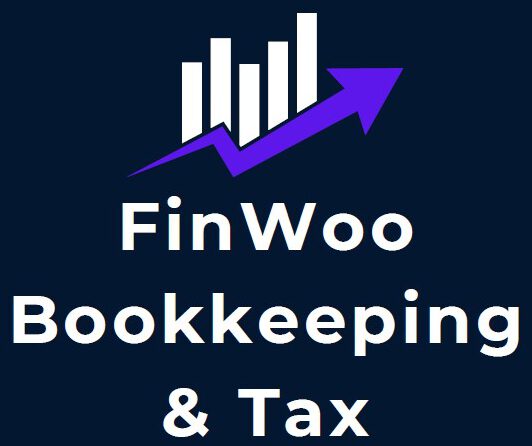Unlocking the Benefits of Online Accounting in the Dutch Business Landscape
Introduction: The Digital Transformation of Dutch Accounting
In an era where efficiency and accuracy are paramount, the Dutch business landscape is rapidly adopting online accounting solutions to streamline financial operations. This digital shift is revolutionizing the way businesses manage their finances, offering a myriad of benefits that can propel them towards success. In this article, we’ll explore the advantages of embracing online accounting tools in the Netherlands, shedding light on why this transition is essential for businesses of all sizes.
- Enhanced Accessibility and Mobility
One of the primary advantages of online accounting in the Dutch context is the ability to access financial data anytime, anywhere. With cloud-based solutions, businesses can securely log in and monitor their financial transactions from various devices. This accessibility empowers entrepreneurs, allowing them to make informed decisions on the go.
- Real-time Collaboration with Bookkeepers & Accountants
Online accounting fosters seamless collaboration between businesses and their accountants or financial advisors. Through shared platforms, professionals can work concurrently on financial statements, providing timely advice and ensuring compliance with Dutch regulations. This real-time interaction is invaluable for troubleshooting, planning, and optimizing financial strategies.
- Simplified VAT and Tax Compliance
Navigating the intricate landscape of Dutch taxation can be a daunting task. Online accounting tools, however, automate many aspects of tax compliance. They track expenses, calculate VAT, and generate accurate reports, minimizing the risk of costly errors. This ensures that businesses remain compliant with Dutch tax laws, avoiding unnecessary penalties.
- Cost-efficiency and Scalability
Traditional accounting systems often entail significant upfront costs and ongoing maintenance expenses. Online accounting, on the other hand, operates on a subscription-based model, providing cost predictability for businesses. Additionally, as the business grows, these solutions can scale seamlessly, accommodating increased transaction volumes without the need for substantial infrastructure investments.
- Integration with Other Business Software
Online accounting platforms are designed to integrate seamlessly with various business applications, including payment processors, e-commerce platforms, and CRM systems. This integration streamlines operations and reduces manual data entry, allowing for a more holistic view of the business’s financial health.
Embracing the Future of Dutch Accounting
As the Dutch business landscape continues to evolve, embracing online accounting is no longer an option; it’s a necessity. The benefits of enhanced accessibility, real-time collaboration, simplified tax compliance, cost-efficiency, and seamless integration make it a powerful tool for businesses of all sizes. By making the transition to online accounting, businesses in the Netherlands are poised to unlock new levels of efficiency and profitability in an increasingly digital world. Contact our team for more information here





